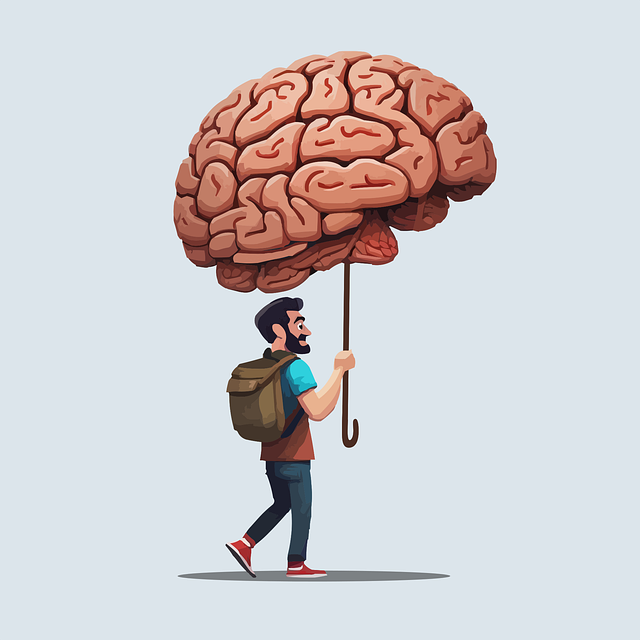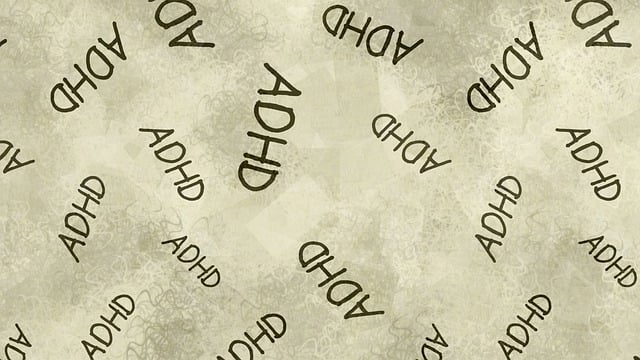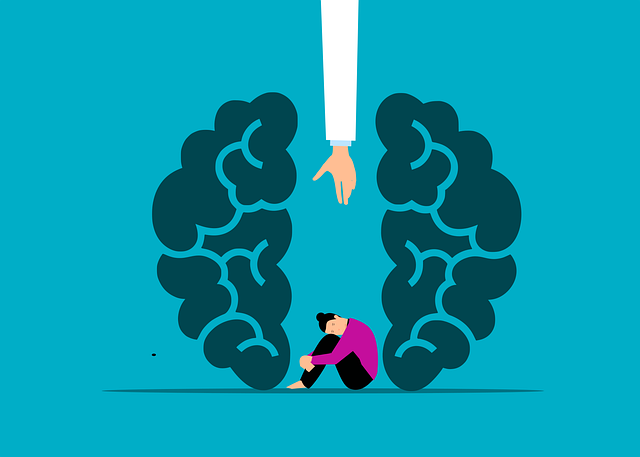Understanding and addressing the unique mental health challenges faced by elderly Mandarin Chinese speakers is vital. Cultural sensitivity, language accessibility, and tailored support services are key. By employing family therapy, building self-esteem, and fostering community connections, therapists can overcome stigma and barriers. Specialized therapy centers, public awareness campaigns, and online platforms enhance access to care, improve quality of life, and empower this demographic to manage conditions like depression, anxiety, and PTSD. These efforts bridge cultural gaps in mental health services for elders speaking Mandarin Chinese.
Many elderly Mandarin-speaking individuals face unique challenges in accessing mental health support due to cultural barriers, language differences, and a lack of understanding of available resources. This article explores the complexities of navigating mental illness diagnosis and treatment for this demographic. We delve into cultural considerations during the diagnostic process, discuss treatment options tailored to address language barriers, and highlight the significance of therapists and support groups in providing culturally sensitive care. Additionally, we provide essential resources and tools to facilitate effective care and recovery for Mandarin-speaking elders seeking therapy.
- Understanding Mental Health Issues in Elderly Mandarin Speakers
- Navigating the Diagnostic Process: Cultural Considerations
- Available Treatment Options for Cultural and Language Barriers
- The Role of Therapists and Support Groups in Cultural Sensitivity
- Resources and Tools for Effective Care and Recovery
Understanding Mental Health Issues in Elderly Mandarin Speakers

Understanding mental health issues among elderly Mandarin speakers is a critical aspect of providing effective navigation assistance for diagnosis and treatment. In many communities, there exists a significant gap in culturally sensitive services tailored to this demographic group. The unique challenges faced by older individuals who primarily speak Mandarin often involve communication barriers, cultural stigma, and a lack of access to mental health professionals who share their linguistic and cultural background. These factors can significantly impact the recognition and diagnosis of mental wellness issues, which are prevalent among the elderly population.
Mandarin-speaking elders may have experienced trauma or cultural shifts that have contributed to their mental health struggles. Providing Trauma Support Services tailored to their needs is essential in fostering trust and encouraging them to seek help. Through the development of coping skills, these individuals can learn effective strategies to manage conditions such as depression, anxiety, and even post-traumatic stress disorder (PTSD). By offering therapy for elders in Mandarin Chinese, mental health professionals can bridge cultural gaps, improve access to care, and ultimately enhance the overall quality of life for this underserved population.
Navigating the Diagnostic Process: Cultural Considerations

Navigating the diagnostic process for mental health issues among older adults who speak Mandarin Chinese requires a nuanced approach, taking into account cultural considerations. In many Asian cultures, including those heavily influenced by Confucian traditions, discussions around mental well-being and seeking therapy may be less open or stigmatized in comparison to Western societies. Elderly individuals from these backgrounds might face barriers when accessing mental health services due to these cultural norms, fear of judgment, or a lack of understanding about the importance of emotional regulation.
Cultural sensitivity is vital during the diagnostic phase. Therapists should create a safe and non-judgmental environment, ensuring the elderly patient feels comfortable expressing their emotions and thoughts. This might involve incorporating culturally relevant techniques, such as family therapy models or practices that emphasize self-esteem improvement, which are often important aspects of healing within these communities. Addressing depression prevention can be tailored to include familial support systems and community connections, reflecting the importance of social relationships in many Asian cultures.
Available Treatment Options for Cultural and Language Barriers

For individuals who face cultural and language barriers, accessing mental health services can be challenging. Many older adults from Mandarin Chinese-speaking backgrounds may struggle to find therapists who understand their unique needs and communicate effectively in their native tongue. This can lead to delays in diagnosis and treatment, impacting overall mental health outcomes.
One effective solution is to seek out specialized therapy centers or cultural competency training for mental health professionals. These initiatives ensure that there are therapists fluent in Mandarin Chinese, allowing for more accessible and culturally sensitive care. Additionally, public awareness campaigns focused on demystifying mental illness within these communities can foster a supportive environment. Encouraging self-care routines tailored to individual needs, including mindfulness practices and community support networks, can also be valuable components of a holistic approach to mental health treatment.
The Role of Therapists and Support Groups in Cultural Sensitivity

In navigating mental illness diagnosis and treatment, therapists play a pivotal role in providing culturally sensitive care, especially when serving elderly Mandarin Chinese speaking individuals. Cultural sensitivity means understanding and respecting the unique values, beliefs, and practices that shape an individual’s experience of mental health. For elders from diverse cultural backgrounds, such as many Chinese immigrants, traditional views on mental wellness often intertwine with spiritual or family-centric concepts. Therapists who are attuned to these nuances can foster trust and open communication. They adapt their therapeutic approaches, incorporating elements like family therapy or mindfulness practices rooted in Eastern philosophy, to create a safe and effective environment for healing.
Support groups, another vital resource, offer a sense of belonging and community, which is essential for mental well-being. For Mandarin Chinese speaking elders, support groups specifically tailored to their cultural needs can provide a safe space to share experiences, practice self-care routines for better mental health (e.g., stress management techniques), and develop social skills training that bridges cultural gaps. These groups not only offer emotional support but also serve as a platform for intergenerational exchange, where younger members of the community can learn from elders’ resilience and wisdom.
Resources and Tools for Effective Care and Recovery

In today’s digital era, various resources and tools have emerged to aid in the effective care and recovery of mental illness, especially for the Mandarin Chinese-speaking elderly population. Online therapy platforms offer convenient access to professional support, allowing individuals to connect with therapists who can provide tailored Therapy for Elders Mandarin Chinese Speaking. These platforms often incorporate advanced technologies like video conferencing and secure messaging to facilitate seamless sessions from the comfort of home.
Additionally, mental wellness coaching programs specifically designed for cultural considerations have gained prominence. These programs address unique challenges faced by Mandarin-speaking elders, incorporating elements of depression prevention and risk assessment tailored to their needs. Such initiatives aim to bridge cultural gaps in mental health services, ensuring that elderly individuals receive culturally competent care. Furthermore, the development of online resources and mobile applications focused on mental wellness coaching can empower this demographic to take proactive steps towards managing their mental health, fostering a sense of independence and improved overall well-being.
Navigating mental health care for elderly Mandarin-speaking individuals presents unique challenges, but with cultural sensitivity and tailored resources, we can significantly improve their journey. By understanding specific mental health issues prevalent in this demographic, recognizing diagnostic barriers, and leveraging appropriate treatment options such as therapy and support groups, we can foster more inclusive and effective care. With the right tools and awareness of cultural nuances, we can ensure that elderly Mandarin speakers receive the compassionate and competent assistance they deserve on their path to recovery. This includes making therapy for elders speaking Mandarin Chinese more accessible and culturally sensitive, addressing language barriers, and providing resources that resonate with their unique experiences.













